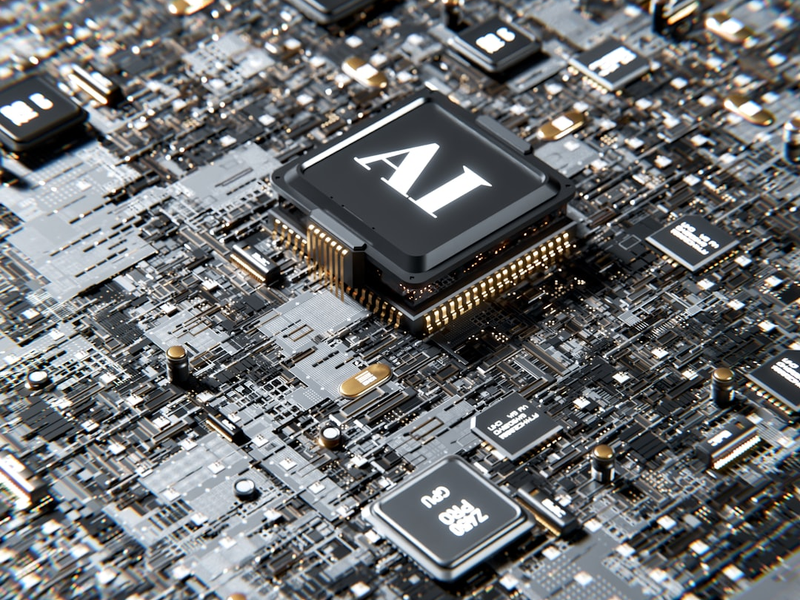Silicon Valley's AI Dream: Are We Getting Ahead of Ourselves?

Photo by Igor Omilaev on Unsplash
The tech world is buzzing with cautionary whispers about the current artificial intelligence boom. Major players like Sam Altman and Eric Schmidt are quietly suggesting that the industry might be riding a wave of irrational exuberance.
Altman, the OpenAI CEO, candidly shared insights about tech bubbles, noting that “when bubbles happen, smart people get overexcited about a kernel of truth”. He drew parallels to previous tech waves, like the internet boom, where genuine innovation gets overshadowed by speculative frenzy.
The conversation takes an interesting turn with Meta reportedly halting its AI hiring spree, signaling potential market skepticism. Options traders are also showing increasing nervousness, preparing “disaster puts” as insurance against a potential tech stock downturn.
Former Google CEO Eric Schmidt, alongside co-author Selina Xu, published a provocative New York Times op-ed questioning Silicon Valley’s current AI obsession. They argue that the industry’s fixation on Artificial General Intelligence (AGI) might be counterproductive, potentially causing America to fall behind countries like China that are more pragmatically applying existing AI technologies.
The financial implications are staggering. Reports suggest companies like xAI are burning through $1 billion monthly, with future model training potentially costing up to $100 billion. Meanwhile, Schmidt and Xu point out a critical cultural difference: while Americans are consumed by doomsday AI scenarios, Chinese professionals are actively integrating AI into everyday tasks, from agricultural competitions to workforce optimization.
This tech narrative isn’t just about technological advancement, it’s about perspective. The challenge isn’t just creating superintelligent machines, but understanding how to meaningfully integrate AI into our current systems and societies.
As the dust settles on this AI gold rush, one thing becomes clear: innovation isn’t just about reaching a futuristic endpoint, but about creating tangible, responsible solutions that improve our collective human experience.
AUTHOR: tgc
SOURCE: SFist
























































